As 2025 draws to a close, we have compiled a handy end-of-year checklist for landlords to help you stay on top of your to-do list.
With the end of the calendar year approaching, now is a great time for landlords to start checking off tasks from their to-do list.
Getting your compliance, maintenance, and finances in order now will save you a world of stress, especially when the dreaded January Self-Assessment deadline hits.
To help you get started, we have compiled a handy end-of-year checklist for landlords.
Financial and Tax Admin
It’s tempting to delay your tax admin until the last minute; however, getting your finances in order now will save you stress ahead of the 31st January Self-Assessment deadline.
Preparing your figures and documents now will help you stay on top of any issues and collate your records in advance.
The deadlines for Self-Assessment tax return to HMRC are:
- Paper filing deadline: 31st October (for the tax year ending in April of that year)
- Online filing deadline: 31st January (for the tax year ending in April of the year previous)
As part of your preparation, you’ll likely need to start collating all your income and expenditure for the tax year in question. This includes rent receipts, bank statements, and invoices for repairs, agent fees, and more. Here is a handy checklist of what you might need.
If you’re unsure of what you can claim, reach out to a trusted accountant to ensure that you’ve claimed everything you’re entitled to.
Get Ready for Winter
Before winter truly kicks in, now is a good time to catch up with your tenants and to arrange a property inspection. The cold weather can pose risks to your rental property’s structure and systems, so it’s essential to clear the gutters, inspect for exterior cracks, address signs of damp, and ensure your property is prepared to withstand the changing weather.
Also review your boiler’s service and Gas Safety Certificate expiry dates. Book your annual service with a Gas Safe registered engineer to ensure compliance, and a copy of the new certificate will be provided to your tenants or letting agents.
Read our complete guide to getting your rental property ready for winter.
Renters’ Rights Bill
As the Renters’ Rights Bill nears Royal Assent, it is more important than ever to stay on top of what the Bill means to you and your rental property portfolio. The reform will be a significant shift for the property sector, but the Bill’s success hinges on a smooth, well-planned transition by policy makers and landlords alike.
Some of the Bill’s key changes are set to:
- Abolish Section 21 (‘no-fault’) evictions
- Move all residential tenancies to a single system of periodic tenancies
- Strengthen grounds for possession, making it easier to evict tenants for valid reasons like anti-social behaviour or rent arrears
- Limit rent increases to once a year (Section 13)
- Introduce a new Private Rented Sector (PRS) Ombudsman and a national property portal
Despite the Renters’ Rights Bill moving forward, many landlords are without a clear plan, which could create confusion and unintended consequences.
To help you navigate these changes, here are two excellent, free resources you can use right now.
Follow the link to get free access to the LIS Membership, where you can access expert insights, practical advice, and the latest news on the Renters’ Bill and other industry insights.
You can also register to attend the National Landlord Investment Show, which will feature expert panel discussions on the Bill.
Secure your free National Landlord Investment Show ticket for a show in London, Old Billingsgate on 29th October
Serving Mandatory Documents
If you have tenants set to move in before the end of the year, you have a legal obligation to provide key documents to your tenants at the start of a tenancy. Ensure every tenant has a copy of the most up-to-date ‘How to Rent’ Guide (England), a valid Energy Performance Certificate (EPC), and the Gas Safety Certificate.
You should also check that your Landlord Insurance (including buildings and liability) is current and correctly reflects the property’s usage.
Property Health Check
As the year comes to an end, do a quick health check on each property. If a tenancy is due for renewal soon, is your rent competitive with the current market rate? Is it time to reassess and renew your mortgage?
Before conducting your property health check, become a free LIS member. You’ll gain instant access to Kate Faulkner OBE’s Economic and Property Market Report to understand where the market is heading and what to look out for.
Don’t Forget About 2026!
Once you’ve completed your end-of-year checklist, don’t forget to look ahead! Alongside the January 31st Self-Assessment tax deadline, there are a few other changes coming into play for landlords in 2026. This includes the introduction of Making Tax Digital for unincorporated landlords, starting from April 2026. Staying informed and preparing for these changes now will ensure a smoother transition for your property business.



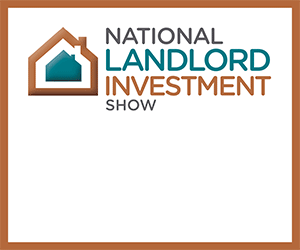
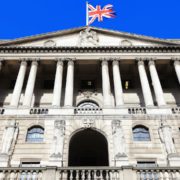







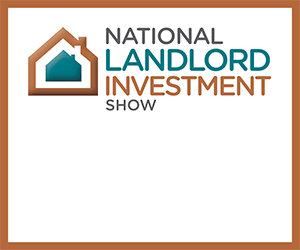
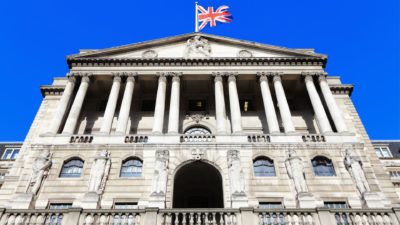
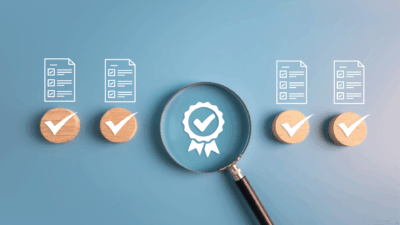
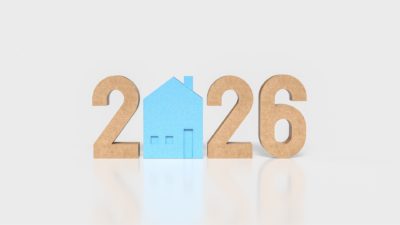




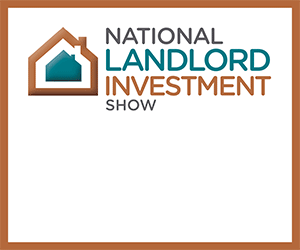
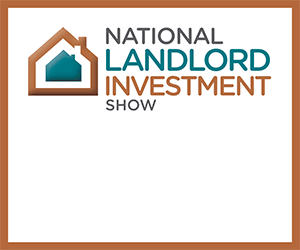


Comments